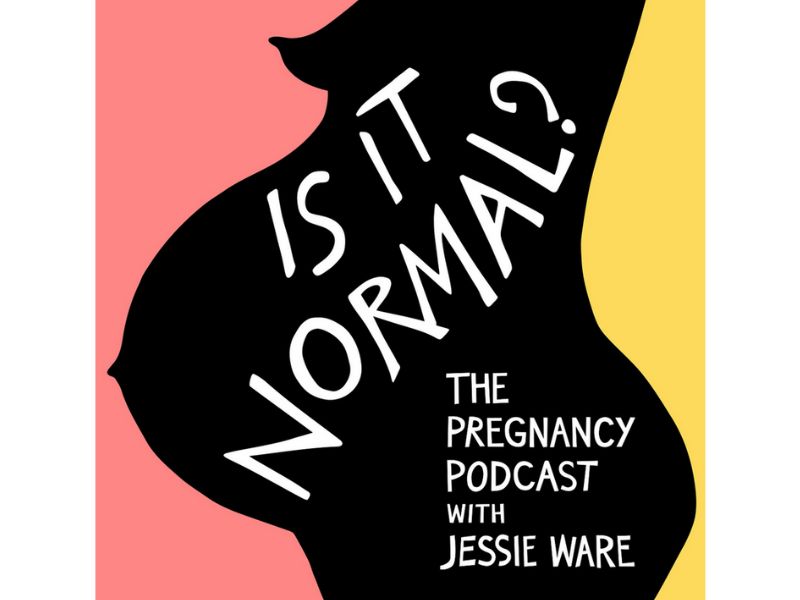 The world and its workforce are changing at the fastest rate in history, and it’s not showing any signs of slowing down. To thrive and survive we need to be agile in the face of that change.
The world and its workforce are changing at the fastest rate in history, and it’s not showing any signs of slowing down. To thrive and survive we need to be agile in the face of that change.
This takes mental flexibility, emotional regulation, self-awareness and stress management, among a number of other competencies (commonly packaged as “emotional and social intelligence”) that haven’t been given nearly enough focus in the world of business.
Mental wellbeing vs revenue – the paradox of leadership
No matter which way we cut it, our wellbeing is often the first thing to suffer in the pursuit of revenue. For many business leaders, looking after their people while recovering revenue has become their number one challenge.
As leaders, we may not have much control over deadlines and targets, but what we DO have control over is how we can help our teams take on these challenges.
Dealing with a changing world
Rarely is change actually a problem; the problem is our natural human resistance to it. Instinctively, change means danger, but we can navigate uncertainty and change more skilfully if we know how to acknowledge and live beside the anxiety and fear they often bring.
And this is where mental fitness comes into play.
Mental fitness – prevention not a cure
“Mental fitness” leverages emotional and social intelligence to enhance overall work and life performance. It empowers people to strengthen their psychological agility, emotional regulation, mindset and resilience, making them more adaptable in the face of challenge and change.
Most companies only focus on keeping people out of the “illness” phase rather than encouraging and enhancing “fitness”. This is a real missed opportunity. If you can educate and inspire employees to look after their own mental fitness, besides the wellbeing benefits, the impact on individual performance, engagement, employee retention and the bottom line is untold.
The benefits of mental fitness
Most businesses like to make investments based off of tangible returns, so, naturally, there is a hesitation when it comes to investing in anything “intangible” like mental fitness.
They want to see the figures, stats and results, so the main question on most leaders’ lips is this:
“Is there a business case for mental fitness that lays out all the facts and figures in a simple, digestible way that I can use to first convince myself, then convince my company?”
The answer is YES. To understand the benefits of applying mental fitness into your business, let’s first look at what it might be costing you to not have it.
The cost of mental illness
Poor mental health is a huge cost to businesses and the economy. According to WHO, the world economy loses about US$1 trillion per year in productivity due to depression and anxiety – the equivalent of $130 per person on the planet!
Add to that the findings of a 2017 study from IHME (Institute for Health Metrics and Evaluation) that as many as one in 10 are suffering now and you start to get a sense of the scale of the problem.
In a global team of 30 people, three are likely to be suffering some mental health problems, even without the impact of the current COVID-19 pandemic.
But this is just the tip of the iceberg. When we think of mental health in the workplace we need to think more widely than diagnosed conditions. Any mental health issues that are brought to, experienced at, or caused by work need our care and attention.
How businesses benefit from mental training
Despite all the evidence of the cost of doing nothing, there’s still a reluctance on the part of many businesses to invest in workplace mental health remain.
So, how can we quantify the benefits to an organisation willing to invest in their employees’ mental fitness?
When Unilever invested in a programme of mental fitness during a time of organisational change, employees embraced the change so successfully that 77% of participants claimed an increase in performance and increased their overall motivation by 15%.
This increase in motivation and performance can directly affect a company’s value too. According to Deloitte USA, companies in the S&P 500 with high health and wellness scores had a stock appreciation of 235% compared to 159% overall.
And Deloitte knows the benefits of investing in mental wellbeing too. In a 2019 report, Deloitte UK calculated a five to one ROI from their investments into mental wellbeing!
With studies like these clearly identifying major impacts of a mentally fit workforce, it’s no longer just beneficial to invest, but fundamental to future success.
Accessing our untapped resources
Developing a fit business for the future requires organisations to understand that there is an untapped and largely unrecognised resource within all of us – our ability to harness our inner energy and control our own mental wellbeing.
Tapping into this inner energy enables us to perform at our best, and this of course positively impacts the bottom line and delivers that ‘hidden edge’ in business.
Those businesses that can shift their thinking, recognise the cost of doing nothing and the benefit and reward of investing in mental fitness really are developing an organisational superpower!
 About the author
About the author
Jodie Rogers is a human behaviour consultant, founder of Symbia and author of The Hidden Edge: Why Mental Fitness is the Only Advantage That Matters in Business out now, priced at £18.99.
 Read this next…
Read this next…
Mental health and the workplace – serious business
According to the World Health Organisation, one in four people globally will be affected by a mental or neurological disorder at some point in their lives. This means that, of the 7.7 billion people that populate this place we call Earth, almost two billion of us will be diagnosed with a mental illness. That’s without mentioning the number of people who feel stress, anxiety or another similar condition, without necessarily being diagnosed by a medical professional.
WeAreTheCity covers the latest female centric news stories from around the world, focusing on women in business, careers and current affairs. You can find all the latest gender news here.
Don’t forget, you can also follow us via our social media channels for the latest up-to-date gender news. Click to follow us on Twitter, Facebook, Instagram, and YouTube.








